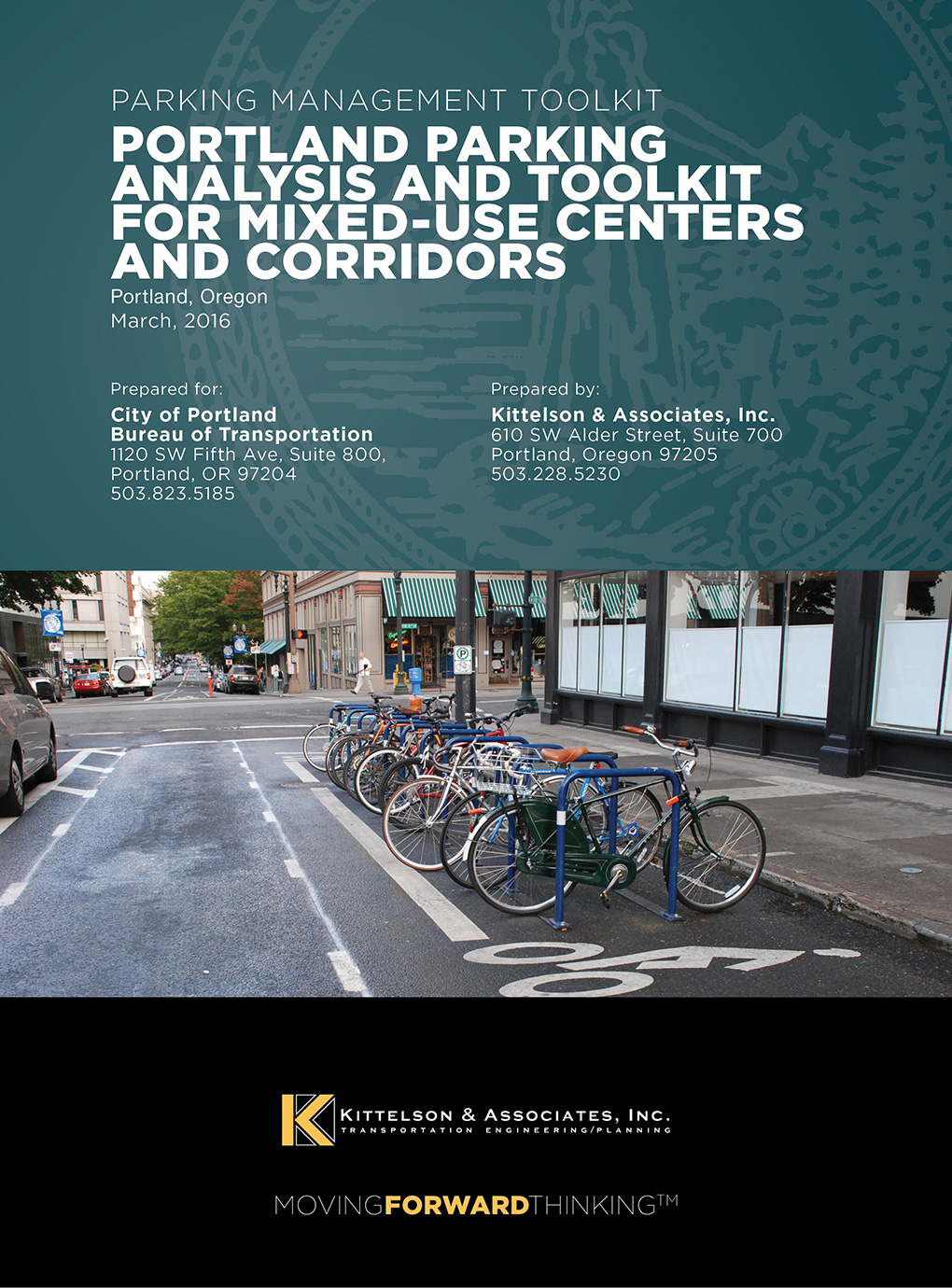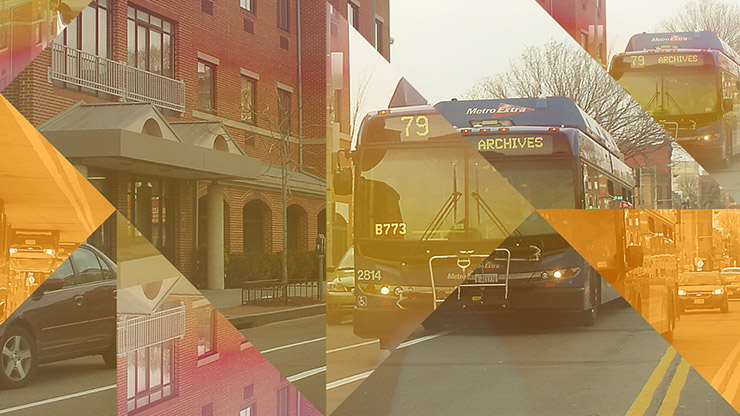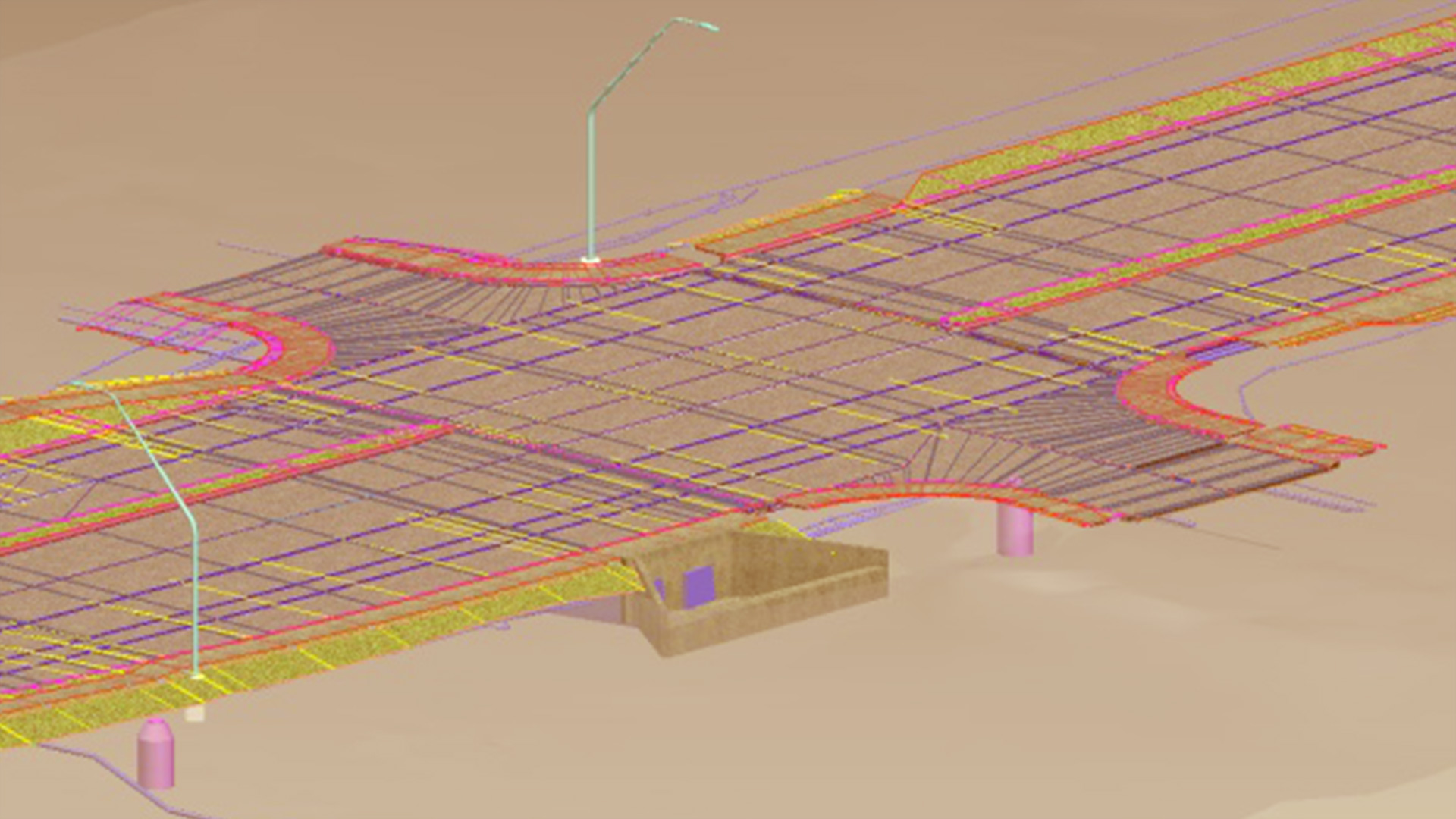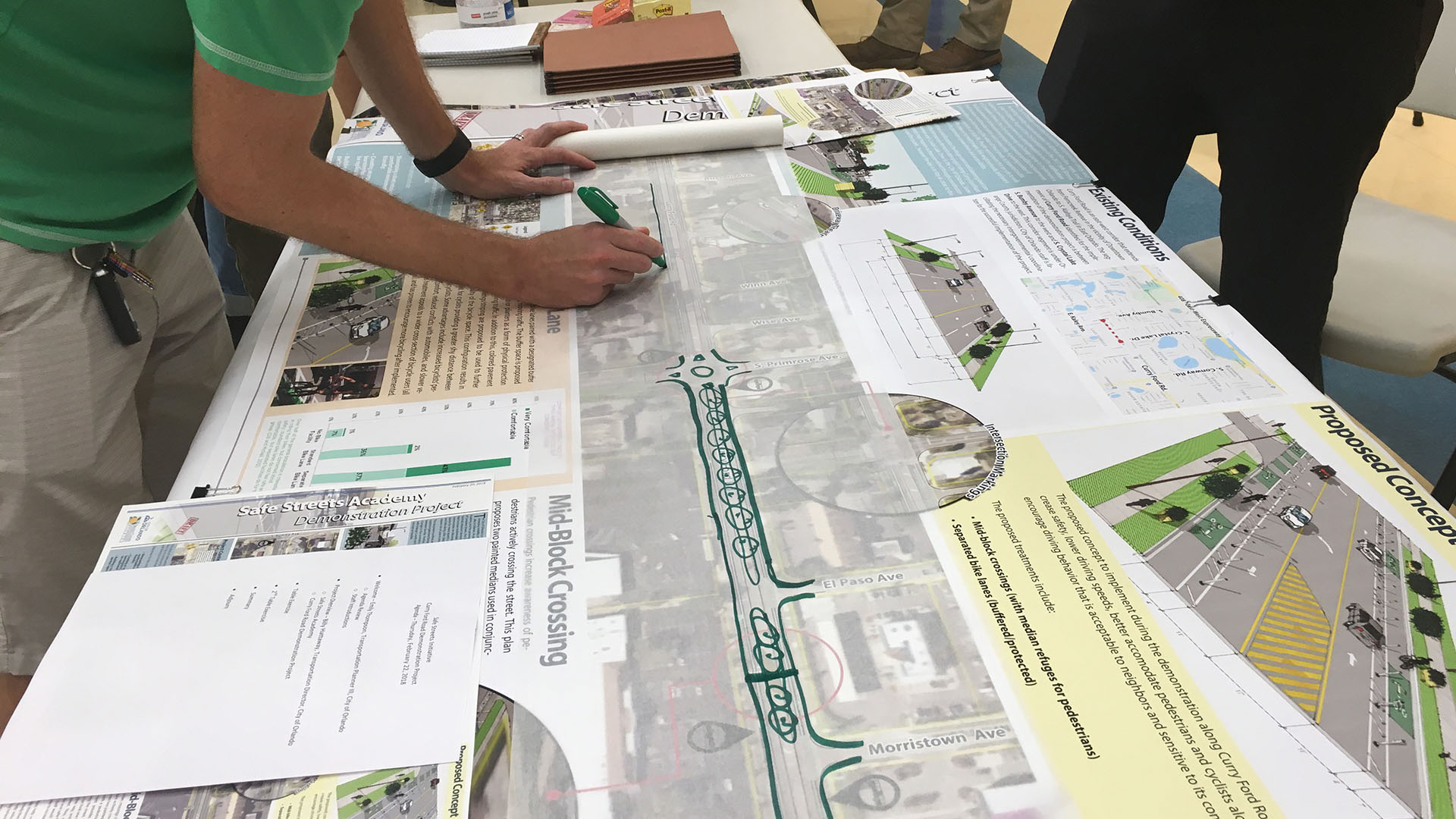Challenge
The Oregon Department of Transportation and the City of Portland were concerned about specific locations in Portland that were expected to exceed parking supply capacity. Kittelson conducted a study of five neighborhood centers and civic corridors that surround the Portland City Center that involved evaluating parking conditions data provided by the City and population and employment data provided by Metro.
Solution
The study showed that three of the five study areas are projected to exceed the effective capacity of the parking supply. The results of the study highlighted several common parking issues that were used to build a “toolkit” of potential tools and strategies that the City (and others) could implement within the centers and corridors to manage parking demand. The toolkit includes tools and strategies for improving the dissemination of information on where and how to park within an area, implementing transportation demand management (TDM) programs and strategies, enhancing existing enforcement strategies, improving the efficiency of the existing parking supply, implementing and managing an area parking permit program, implementing and managing a parking pricing program, and increasing the parking supply.
The Outcome
A Toolkit for Managing Parking Demand
 The toolkit was used to develop preliminary parking management plans that identified where and when to implement various tools and strategies. We then completed a follow-up study in three of the five original neighborhood centers and civic corridors to determine the extent to which increases in population and employment, and changes in parking policies and strategies, impacted parking conditions within the areas, as well as understand residents and visitors’ attitudes and behavior toward parking, alternative travel modes, and neighborhood livability within the areas. The study resulted in recommendations for further review and implementation of parking policies and toolkit strategies.
The toolkit was used to develop preliminary parking management plans that identified where and when to implement various tools and strategies. We then completed a follow-up study in three of the five original neighborhood centers and civic corridors to determine the extent to which increases in population and employment, and changes in parking policies and strategies, impacted parking conditions within the areas, as well as understand residents and visitors’ attitudes and behavior toward parking, alternative travel modes, and neighborhood livability within the areas. The study resulted in recommendations for further review and implementation of parking policies and toolkit strategies.



